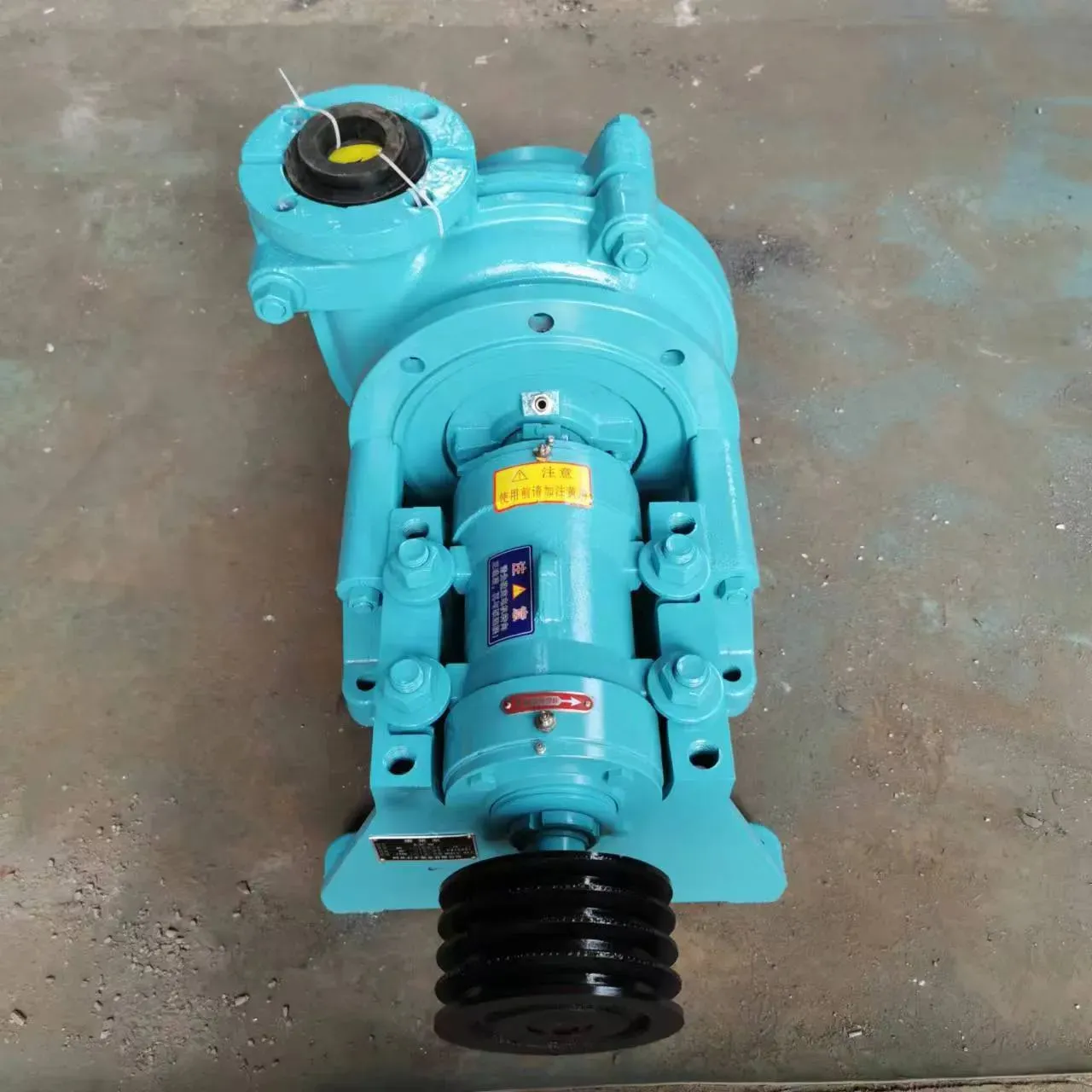English
- Afrikaans
- Albanian
- Amharic
- Arabic
- Armenian
- Azerbaijani
- Basque
- Belarusian
- Bengali
- Bosnian
- Bulgarian
- Catalan
- Cebuano
- Corsican
- Croatian
- Czech
- Danish
- Dutch
- English
- Esperanto
- Estonian
- Finnish
- French
- Frisian
- Galician
- Georgian
- German
- Greek
- Gujarati
- Haitian Creole
- hausa
- hawaiian
- Hebrew
- Hindi
- Miao
- Hungarian
- Icelandic
- igbo
- Indonesian
- irish
- Italian
- Japanese
- Javanese
- Kannada
- kazakh
- Khmer
- Rwandese
- Korean
- Kurdish
- Kyrgyz
- Lao
- Latin
- Latvian
- Lithuanian
- Luxembourgish
- Macedonian
- Malgashi
- Malay
- Malayalam
- Maltese
- Maori
- Marathi
- Mongolian
- Myanmar
- Nepali
- Norwegian
- Norwegian
- Occitan
- Pashto
- Persian
- Polish
- Portuguese
- Punjabi
- Romanian
- Russian
- Samoan
- Scottish Gaelic
- Serbian
- Sesotho
- Shona
- Sindhi
- Sinhala
- Slovak
- Slovenian
- Somali
- Spanish
- Sundanese
- Swahili
- Swedish
- Tagalog
- Tajik
- Tamil
- Tatar
- Telugu
- Thai
- Turkish
- Turkmen
- Ukrainian
- Urdu
- Uighur
- Uzbek
- Vietnamese
- Welsh
- Bantu
- Yiddish
- Yoruba
- Zulu
Telephone: +86 13120555503
Email: frank@cypump.com
Nov . 19, 2024 04:12 Back to list
Submersible Pump Solutions for Efficient Wastewater Management Systems
Understanding Submersible Wastewater Pumps An Essential Component for Effective Waste Management
Submersible wastewater pumps play a crucial role in modern waste management systems, enabling the efficient transport of wastewater from various sources to treatment facilities. These pumps are designed to operate underwater, making them ideal for applications in sewage handling, drainage, and industrial processes.
One of the primary advantages of submersible wastewater pumps is their ability to function in submerged environments. Unlike traditional pumps, which require installation above the liquid level and may need additional equipment for priming, submersible pumps are directly submerged in the wastewater. This vertical design not only saves space but also reduces the risk of cavitation and ensures optimal performance. These pumps are equipped with powerful motors that drive impellers, enabling them to handle solids and slurries without clogging.
Another significant benefit of submersible wastewater pumps is their versatility. They can be used in a wide range of applications, from residential settings, such as pumping out flooded basements, to large-scale municipal systems that handle sewage and stormwater. Many models are designed to handle varying flow rates and pressure levels, allowing them to be customized for specific needs. This adaptability makes them ideal for construction sites, wastewater treatment plants, and agricultural applications.
submersible wastewater pump

When selecting a submersible wastewater pump, several factors must be considered. The size and depth of the pump, along with the type of fluids and solids it will encounter, are critical in determining the right model. For instance, pumps used in municipal sewage systems often need to handle larger solids, requiring more robust designs with higher horsepower. Additionally, the material of the pump casing is crucial; pumps made from corrosion-resistant materials such as stainless steel or thermoplastic are preferred for wastewater applications to ensure longevity and reliability.
Maintenance is also an essential aspect of the operability of submersible wastewater pumps. Regular inspections and routine maintenance can prevent costly failures and ensure that the pumps operate efficiently. Key maintenance tasks include checking seals for wear, cleaning impellers, and ensuring that the electrical components are functioning correctly. Operators should also monitor the pumps for signs of undue vibration or noise, which may indicate an underlying issue.
Despite their many advantages, submersible wastewater pumps are not without challenges. Improper installation or misuse can lead to premature failure. For instance, installing a pump with inadequate power supply or using it in conditions for which it wasn’t designed can result in severe operational issues. Therefore, engaging with experienced professionals for installation and maintenance tasks is essential.
In conclusion, submersible wastewater pumps are vital for effective wastewater management. Their ability to operate in submerged conditions, adaptability to various applications, and capacity to handle solids make them indispensable in both residential and industrial settings. By considering the right factors in selection and ensuring proper maintenance, users can enhance the performance and lifespan of these essential tools, contributing to a more efficient waste management system overall.
-
ISG Series Vertical Pipeline Pump - Chi Yuan Pumps Co., LTD.|High Efficiency, Energy Saving, Low Noise
NewsJul.30,2025
-
ISG Series Vertical Pipeline Pump- Chi Yuan Pumps|High Efficiency&Low Noise
NewsJul.30,2025
-
ISG Series Vertical Pipeline Pump-Chi Yuan Pumps Co., LTD.|High Efficiency&Energy Conservation
NewsJul.30,2025
-
ISG Series Vertical Pipeline Pump - Chi Yuan Pumps Co., LTD.|Advanced Hydraulic Design&Energy-Efficient Solutions
NewsJul.30,2025
-
ISG Series Vertical Pipeline Pump - Chi Yuan Pumps Co., LTD.
NewsJul.30,2025
-
ISG Series Vertical Pipeline Pump - Chi Yuan Pumps Co., LTD.|energy-efficient fluid handling&industrial durability
NewsJul.30,2025










